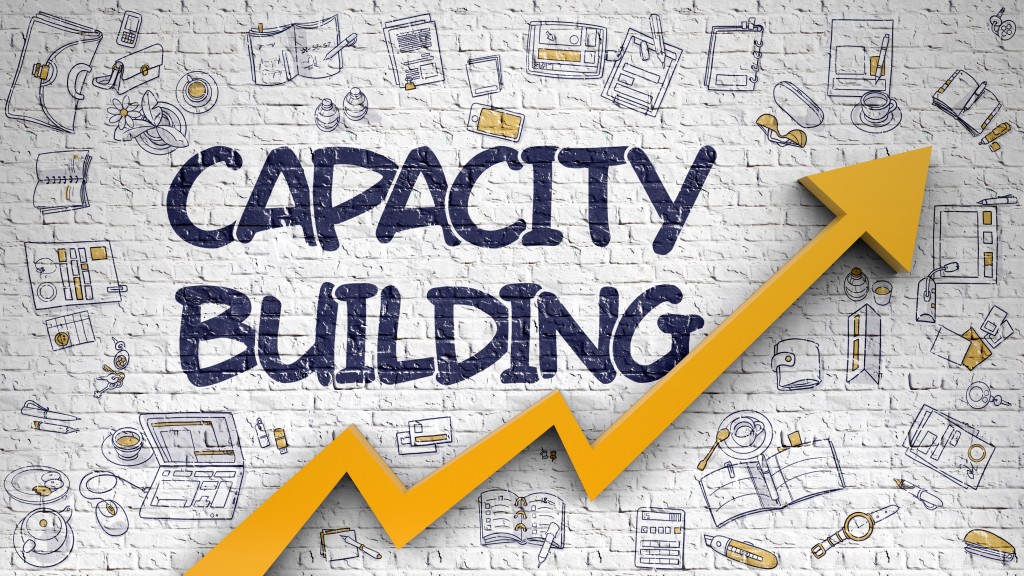I conceptualized a new course this term, to make up for the study abroad course that I could not offer. I ambitiously called it “understanding development,” keeping in mind the idea that we would discuss what this term means and what we should do about it.

The reaction from students so far is pretty positive and I have an almost full class. The debates and discussions that arise are lively and encouraging. I am taking a critical perspective of the term, in the tradition of James C Scott or Dudley Seers. I am forcing the students to challenge their assumptions and ask some difficult (and seemingly strange) questions.
One student pointed out that the fact that life expectancy for African-American men in NY City can be as short as someone living in Afghanistan “shocking.” This is unfortunately true, and we can see several examples of “underdevelopment”, in the classical sense in our own neighborhoods.
During my drive to the pharmacy this morning, I heard about the eviction of the homeless in Echo Park, in LA. The fact that hundreds of homeless people are being evicted, with no real solution in place is appalling. However, when one thinks about this in the context of existing social order and what we are willing to tolerate or not, things start to make sense. Of course, in every society, different groups have different priorities and usually, the priorities of the ruling classes dominate.
One could look at this cynically and argue that we are witnessing nothing but the impacts of the economic way of thinking, meaning, our privileging of economic growth over other factors: social cohesion, justice, equality, etc. and that may be true. As Stephen Macekura points out in his book “The mismeasure of progress,” this question was posed by pioneers of the study of development such as Dudley Seers. Seers pointed out that we “measure what we value, we value what we measure. To envision the world anew requires new tools, but also a clear articulation of the ethical commitments and politics that give them force.” (p.10).
Macekura further points out that the very nature of statistical measures can be value-laden. For instance, do we consider the non-paid work of women at home as part of economic activity, if not; why? What about volunteer work?
Statistics have been part of the national self-definition process, as Macekura adds that
“Census data, moreover, often defined the boundaries of national belonging and social difference by enumerating who counted— literally— as members of the nation.”
In the current trend of ‘local economies’ and ‘national economies’, recovering after the covid pandemic, one is tempted to ask: what exactly are we talking about here? Does speaking of a ‘national economy’ mean the same thing when we talk about a highly organized and structured society like the US and another such as India, which has a huge informal economy? Is there equivalence in terms and concepts?
References
Macekura, S. 2020. The mismeasure of progress – Economic growth and its critics. Uni of Chicago Press.
